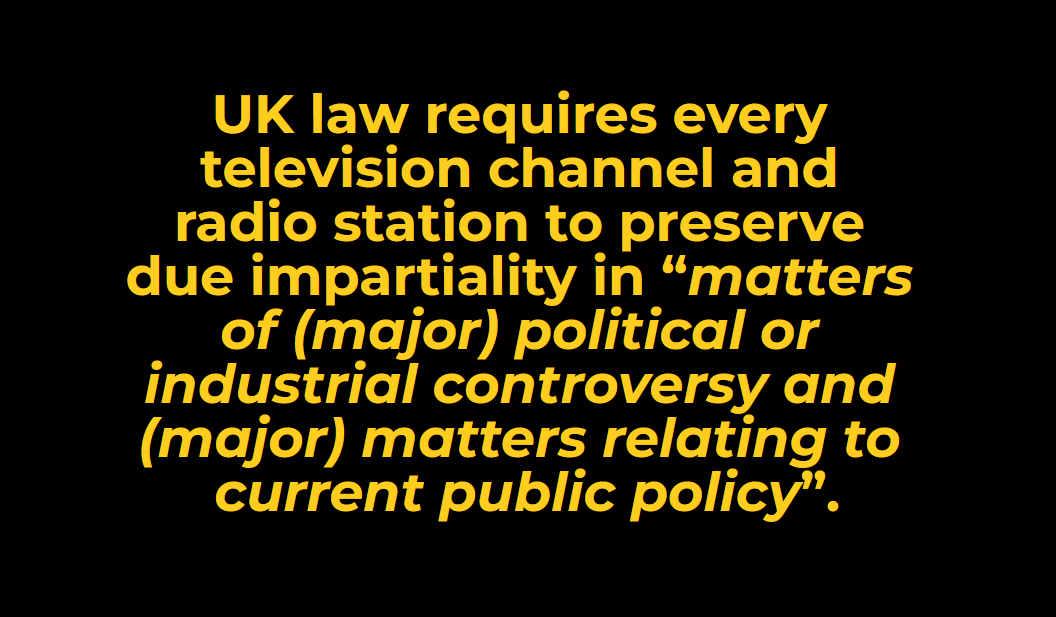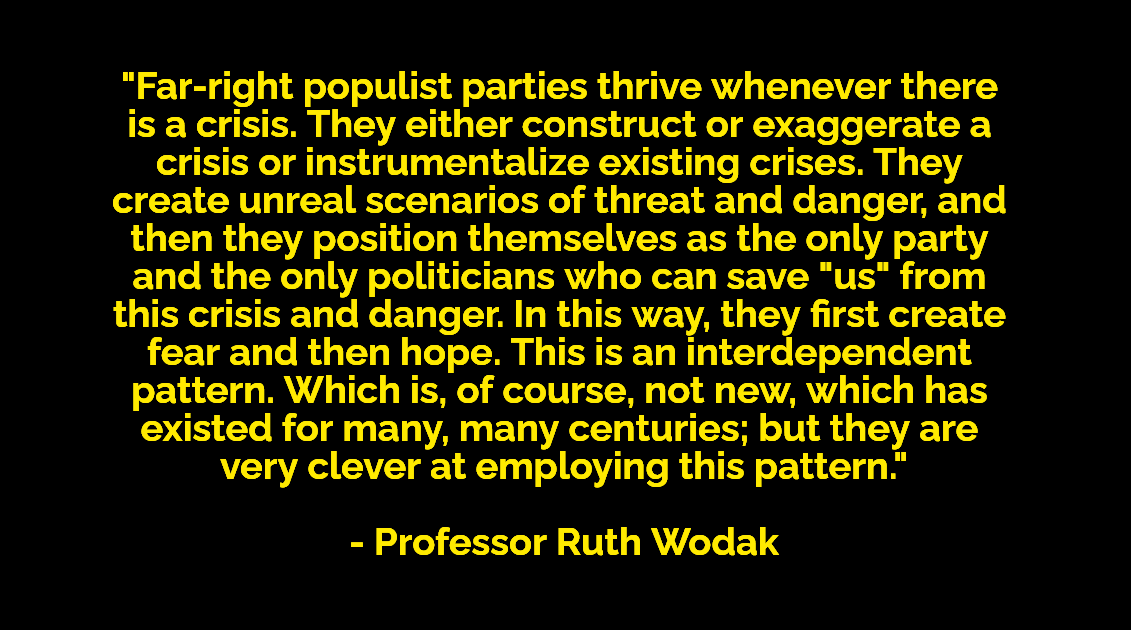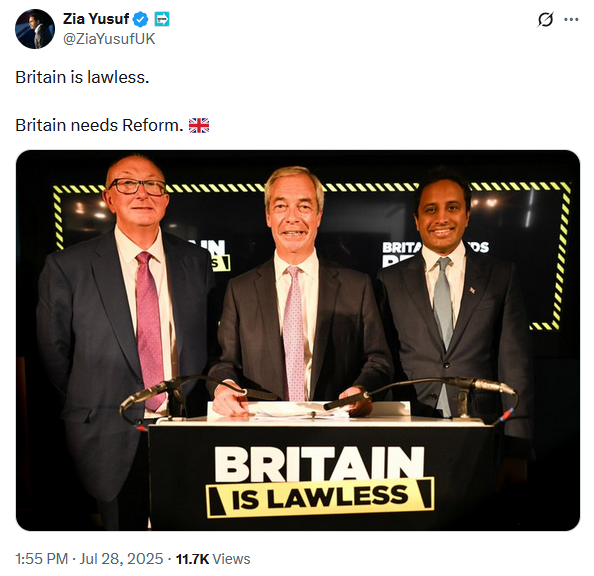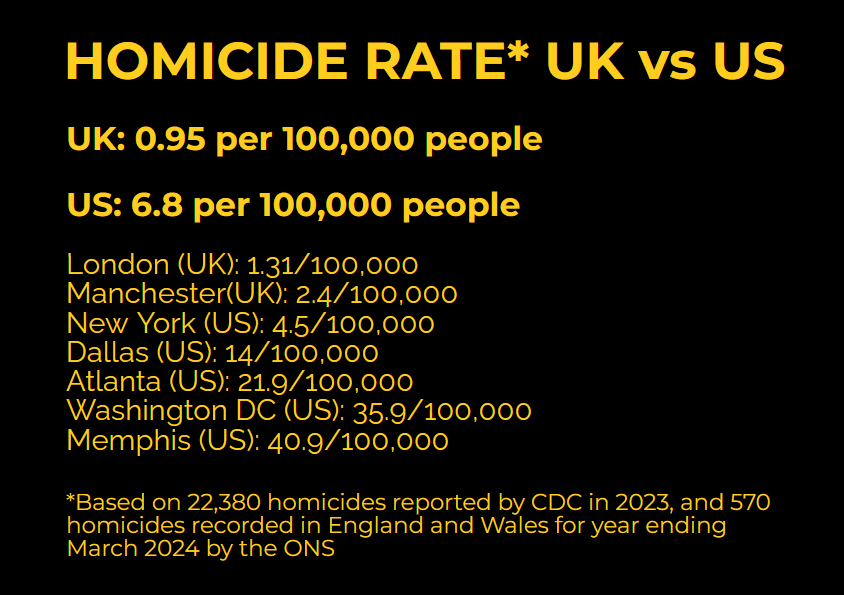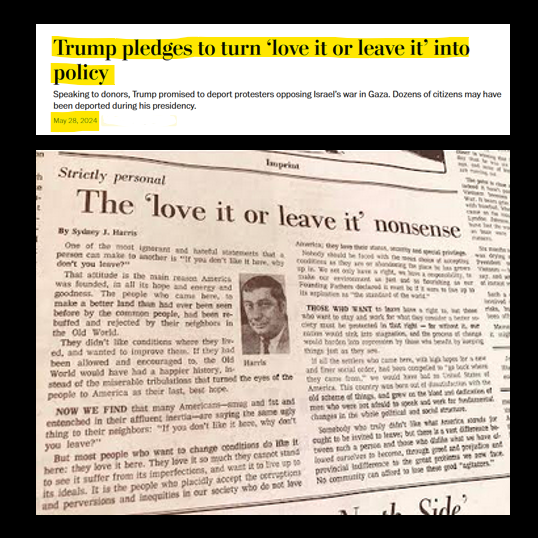🧵
Politicians, right-wing news media and far-right extremists opportunistically exploit public concern over asylum seekers in hotels, inciting protests and potential violence.
How did we get here? And why the gulf between public perception and reality?
theguardian.com/commentisfree/…
Politicians, right-wing news media and far-right extremists opportunistically exploit public concern over asylum seekers in hotels, inciting protests and potential violence.
How did we get here? And why the gulf between public perception and reality?
theguardian.com/commentisfree/…
Their divisive rhetoric and misinformation has resulted in a huge gap between public perception and reality.
FACTS:
In September 2023 there were 56,042 asylum seekers in around 400 hotels.
By March 2025, there were 32,345 asylum seekers in 218 hotels.
FACTS:
In September 2023 there were 56,042 asylum seekers in around 400 hotels.
By March 2025, there were 32,345 asylum seekers in 218 hotels.
https://x.com/docrussjackson/status/1953791491345707320
The government spent nearly a third less on hotels to house asylum seekers between April 2024 and March 2025.
The Home Office's annual accounts show £2.1bn was spent on hotel accommodation - an average of about £5.77m per day, down from £3bn or £8.3m per day, the previous year.
The Home Office's annual accounts show £2.1bn was spent on hotel accommodation - an average of about £5.77m per day, down from £3bn or £8.3m per day, the previous year.

The use of hotels for asylum seekers stems from policy decisions made by successive UK governments.
Until mid-2002, asylum seekers could work if they had to wait more than six months for an initial decision on their asylum claim. New Labour banned this.
theguardian.com/uk-news/2025/j…
Until mid-2002, asylum seekers could work if they had to wait more than six months for an initial decision on their asylum claim. New Labour banned this.
theguardian.com/uk-news/2025/j…
Blair's Labour banned asylum seekers from working after six months because the perception was that it was taking jobs from UK citizens.
This made asylum seekers reliant on state support, fueling the perception that they are 'lazy freeloaders' who contribute nothing to society.
This made asylum seekers reliant on state support, fueling the perception that they are 'lazy freeloaders' who contribute nothing to society.
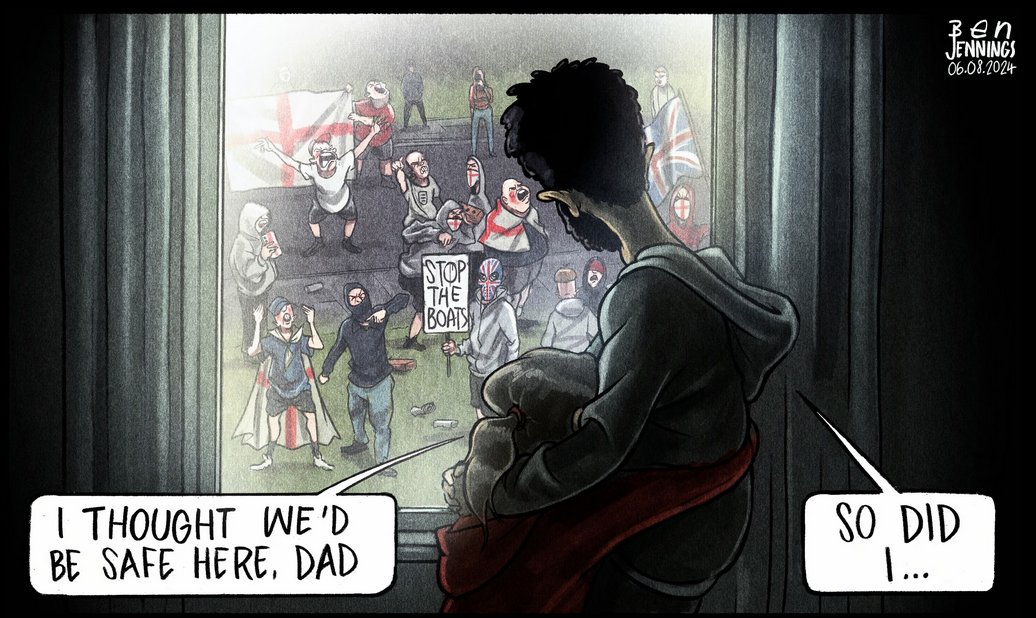
In 2012, Cameron and Clegg's Coalition government outsourced asylum accommodation to profit-driven contractors, leading to reliance on costly, often substandard contingency housing like hotels, fueling narratives of asylum seekers being 'treated better than British people'. 
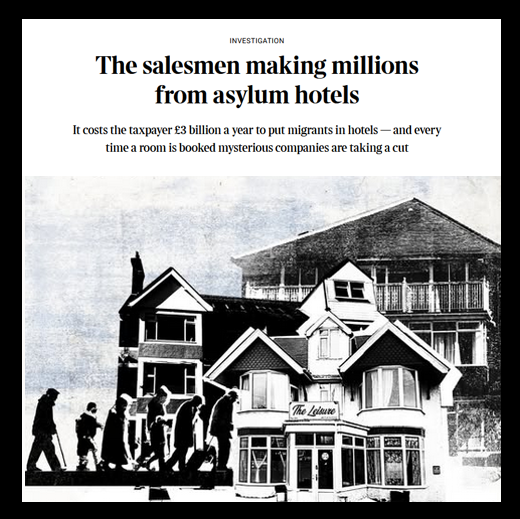
Johnson's Tories kept asylum seekers in hotels post-Covid, and under Sunak, opportunistically allowed the asylum claim application backlog to grow while promoting divisive rhetoric about small boat crossings and pursuing costly and unfeasible policies.
https://x.com/docrussjackson/status/1947703574445645863
In large part, the growth in the backlog was driven by a slowdown in processing rates. The share of applications processed within six months fell from around 78% in 2015 to around 15% in 2022. Some suggest this was a deliberate political strategy to 'weaponise' asylum seekers. 
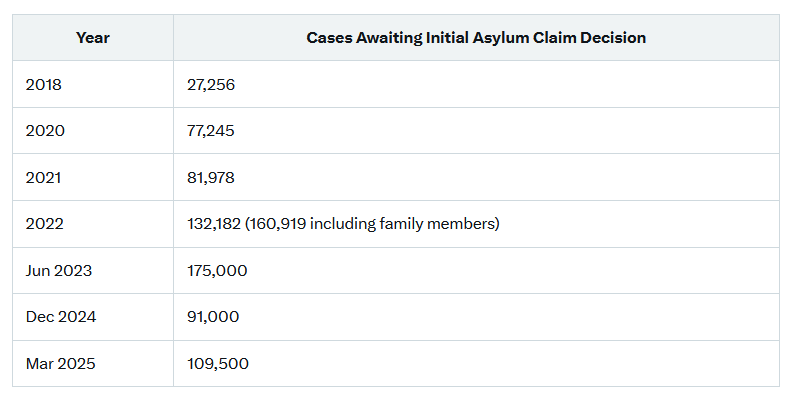
Backlogs are exploited to suggest a crisis. The initial decision backlog is not the only backlog. Under UK legislation (Nationality, Immigration and Asylum Act 2002; Immigration Act 2014), asylum seekers have the right to appeal initial decisions in specialist immigration courts. 
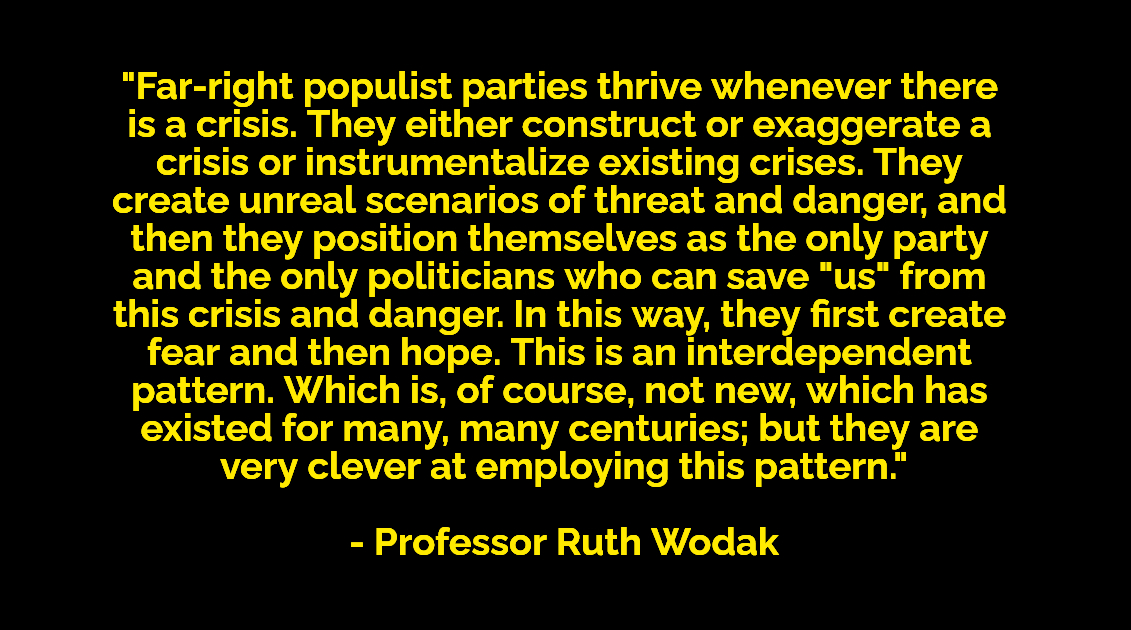
A combination of more decisions on asylum claims and a smaller asylum grant rate means that the number of refusals has increased sharply in recent years, from around 6,000 in 2022 to 44,000 in 2024, while divisive anti-immirant rhetoric gathers pace.
https://x.com/docrussjackson/status/1953029771534774507
Around 16,000 asylum appeals were decided in 2024. Although that was 76% more than the year before, it was significantly lower than the 37,000 new appeals lodged in 2024.
The number of new appeals will remain high as more initial decisions are made and refusals appealed.
The number of new appeals will remain high as more initial decisions are made and refusals appealed.
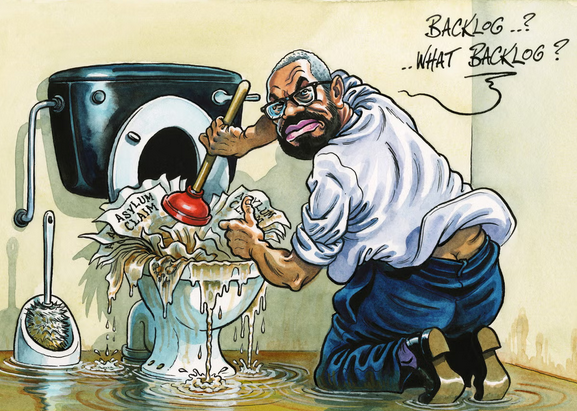
This suggests the appeals backlog is likely to continue growing in 2025.
Significant challenges in increasing the processing of asylum appeals include the need for more Judges and hearing rooms, as well as legal representation for both the Home Office and claimants.
Significant challenges in increasing the processing of asylum appeals include the need for more Judges and hearing rooms, as well as legal representation for both the Home Office and claimants.
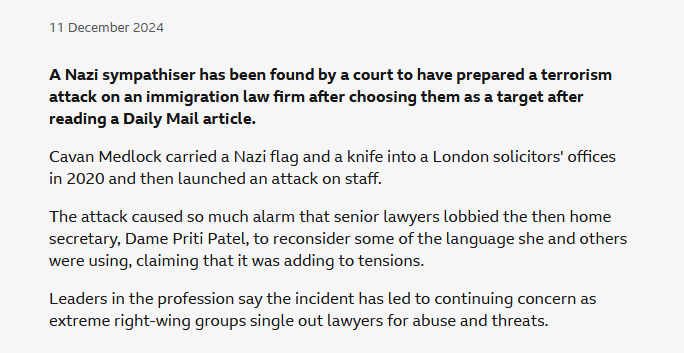
The Labour government began recruiting more judges to address the backlog last year.
To increase the availability of lawyers, a consultation was launched in January aiming to increase legal aid fees – which have been fixed at the same level since 1996 – by the end of 2025.
To increase the availability of lawyers, a consultation was launched in January aiming to increase legal aid fees – which have been fixed at the same level since 1996 – by the end of 2025.
Taken together, these policies, introduced by successive governments, have prolonged hotel use, fueling public discontent and far-right agitation and its monetisation through livestreaming.
Starmer’s government aims to phase out hotel use by 2029.
leicester.news/far-right-migr…
Starmer’s government aims to phase out hotel use by 2029.
leicester.news/far-right-migr…
I've focused on the (largely manufactured) backlog of asylum claims and decisons made by successive governments in relation to housing asylum seekers in hotels.
In this 🧵, I try to spell out the current state of play, and put a few myths to bed:
In this 🧵, I try to spell out the current state of play, and put a few myths to bed:
https://x.com/docrussjackson/status/1951955260727349599
• • •
Missing some Tweet in this thread? You can try to
force a refresh




